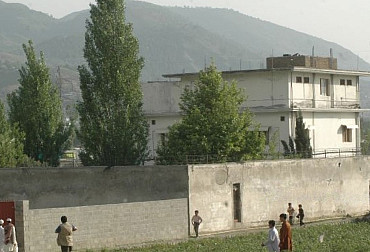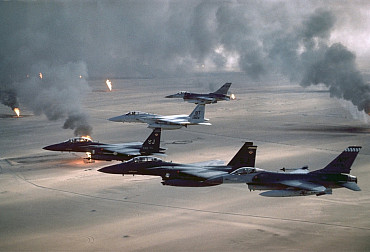Remembering Pearl Harbor: December 7th 1941. Day when USA step in WW2
December 7th, 1941, marked a pivotal moment in history—a day that will forever be etched in the annals of time. On this date, the tranquil morning at Pearl Harbor, Hawaii, was forever disrupted by a surprise military attack launched by Imperial Japan. Today, as we commemorate December 7th, we take a deeper dive into the events of that fateful day, the lasting impact it had, and the enduring lessons it offers.
The Surprise Attack
The attack on Pearl Harbor was meticulously planned and executed by the Japanese military. At precisely 7:55 a.m. local time, Japanese fighter planes and bombers descended upon the unsuspecting U.S. naval base. The element of surprise was one of the key elements of the attack's success. Within just two hours, the Japanese forces had inflicted severe damage upon the American Pacific Fleet, effectively crippling the U.S. Navy's battleship force. Eight American battleships, three cruisers, and nearly 200 aircraft were damaged or destroyed. However, the most devastating blow was dealt to the USS Arizona, which tragically sank with 1,177 crew members on board. To this day, the USS Arizona Memorial stands as a poignant tribute to those who perished on that ill-fated ship.
The Human Toll
The attack on Pearl Harbor exacted a heavy toll in terms of human lives and destruction. A total of 2,403 Americans lost their lives, with an additional 1,178 wounded. Beyond the immediate casualties, the attack had far-reaching consequences, thrusting the United States into World War II. In a speech delivered the day after the attack, President Franklin D. Roosevelt declared December 7, 1941, as "a date which will live in infamy" and sought a declaration of war against Japan from Congress, which was swiftly granted.
A Nation United
In the wake of the attack on Pearl Harbor, the United States underwent a profound transformation. The nation rallied together, transcending political, social, and economic divides. The attack had united the American people in a common cause—to support the war effort. This unity of purpose led to the mobilization of the nation's industrial and military resources on an unprecedented scale. American soldiers, sailors, and airmen, along with civilians on the home front, worked tirelessly to build the arsenal of democracy, ensuring that the United States would be fully equipped to take on its role in the global conflict.
Remembering and Honoring
As we commemorate December 7th, 1941, it is not merely an exercise in historical remembrance but an act of reverence for the sacrifices made by those profoundly affected by the attack on Pearl Harbor. We honor the memory of the brave servicemen and women who laid down their lives that day and those who valiantly served in the years that followed. Their dedication, valor, and unwavering commitment to defending freedom continue to inspire us.
Visiting the Pearl Harbor National Memorial, with its centerpiece, the USS Arizona Memorial, is a poignant and humbling experience. It provides a tangible connection to the events of that day and offers an opportunity to reflect on the price of war and the importance of pursuing peaceful solutions to conflicts.
Conclusion
December 7th, 1941, remains an indelible marker in history—a day of profound significance for the United States and the world. It reminds us of the resilience, unity, and strength of the American people when faced with adversity. On this day, we pay tribute to the memory of those who were lost and rededicate ourselves to the pursuit of peace and the prevention of such devastating conflicts in the future. In honoring the past, we strive for a better tomorrow.








